Inside the explicit book encouraging children to share naked pictures of themselves, watch porn as a 'sugary treat' - as calls grow for the material to be removed from Australian public libraries
A Sky News Australia investigation found the book, which contains explicit images of sexual intercourse and genitals, as well as chapters on masturbation, kinks, pornography, is available in 36 public libraries across Australia.
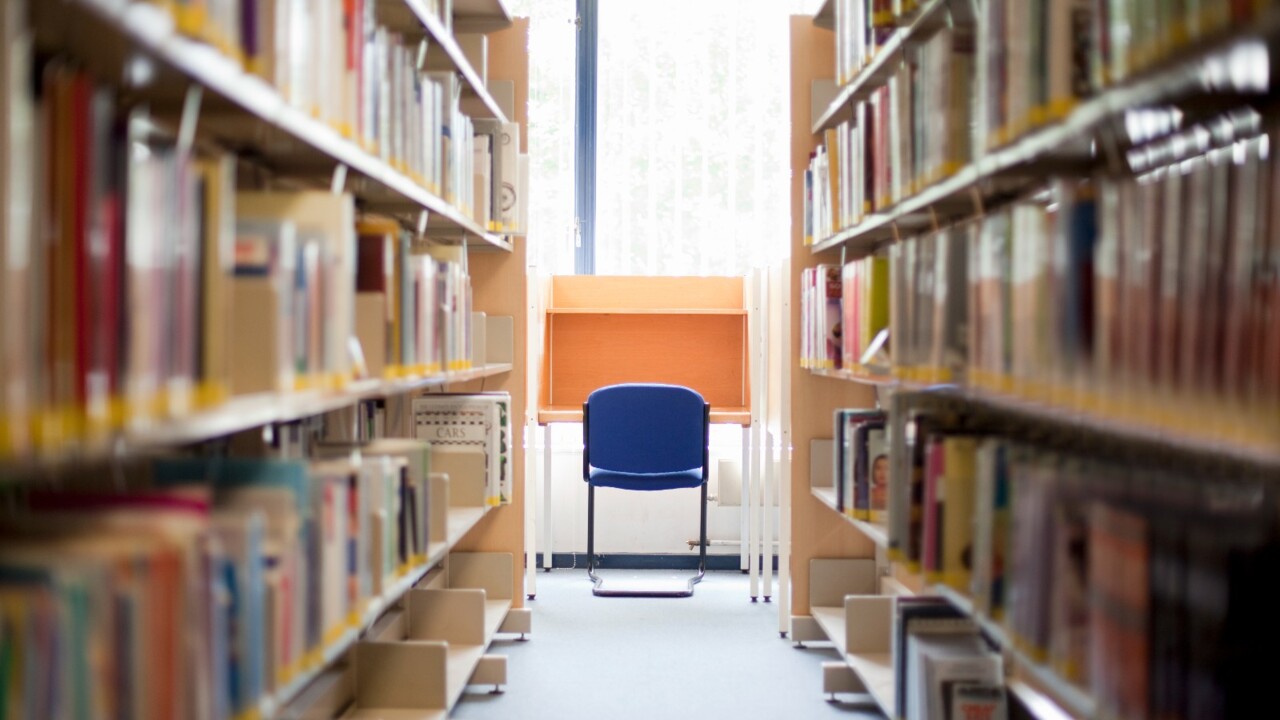
A graphic book about sex that encourages minors to look up porn and tells them how to send naked pictures of themselves to their peers has sparked outrage, and prompted calls for it to be removed from display in Australian libraries.
'Let’s Talk About It: The Teen’s Guide to Sex, Relationships and Being a Human' has already been banned from several US schools and presidential candidate Ron DeSantis’ Florida administration categorised it as “pornographic” this year.
A Sky News Australia investigation found the book is available in 36 public libraries across Australia, some holding multiple copies, as well as major booksellers including Dymocks, Angus & Roberts and QBD Books.
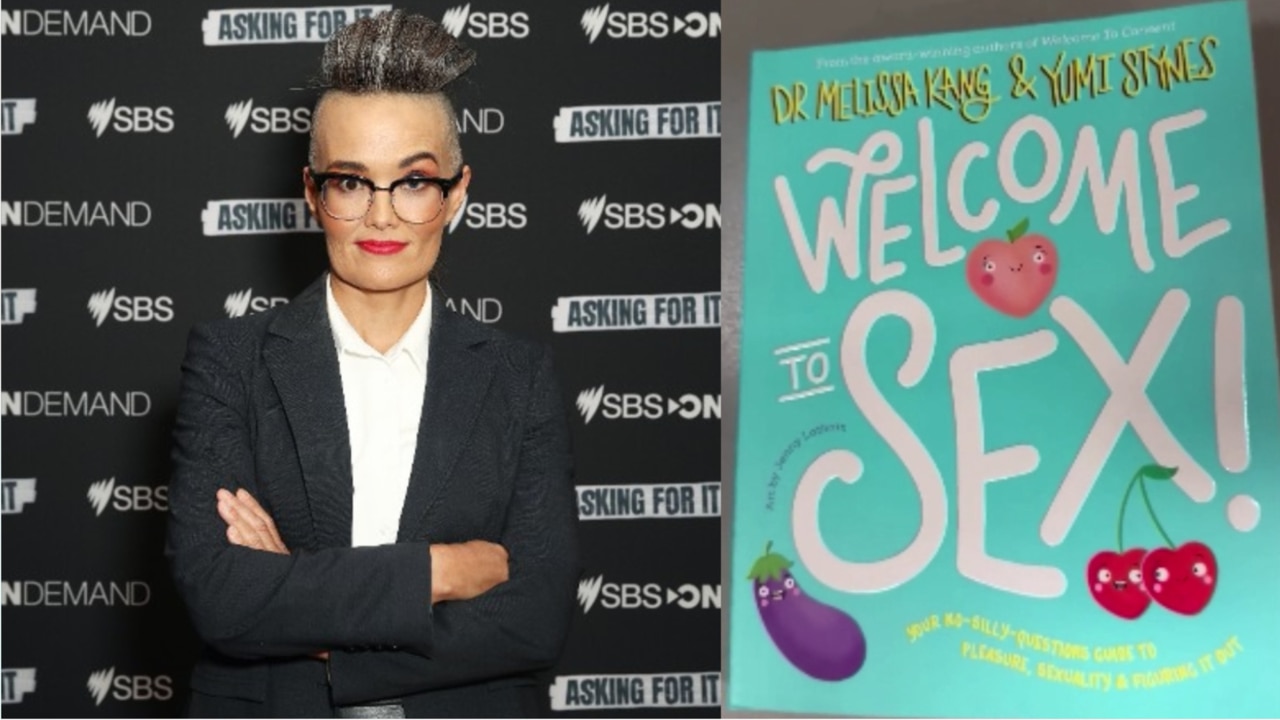
The 240-page book, whose dedication page says it is aimed at children as young as 14 or “whoever needs it, whatever your age”, is so graphic Sky News has chosen not to publish many of the images.
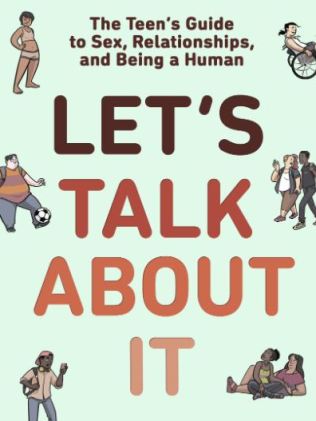
Written by US cartoonists and comic book creators Erika Moen and Matthew Nolan, the book contains explicit images of sexual intercourse and genitals, as well as chapters on masturbation, kinks, pornography, and sexting that includes advice on sending naked pictures to others.
“Before you start sending your naughty masterpieces around the world, take some time to get friendly with photo-editing software or apps,” the book says.
The chapter does contain a disclaimer warning of "serious legal consequences" of sharing naked photographs of children younger than 18.
Another chapter encourages readers to look up pornography, calling it a “fun, sugary treat”, as well as experiment with sex toys, including butt plugs.
“Just make sure any objects you put up there have a flared base; otherwise, your hungry heinie can gobble it up and the only way to get it back out is a trip to the hospital,” the authors say.
The book also promotes concepts of radical gender theory, telling young readers, “you and your gender can change as often as you want”.
Mother of three Angela Rojas is leading the campaign to have the book reclassified.
She was horrified when she came across the book at her local library in Adelaide, on prominent display in the teen section and close to the young children’s area.
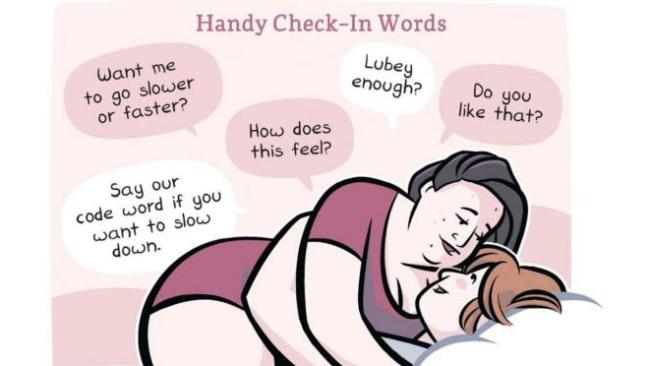
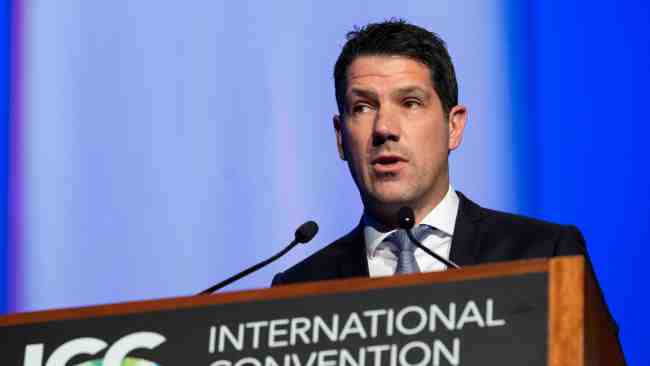
"I don't like the idea of banning books, but I do think that this book should be in a restricted area and treated like a restricted adult publication,” Ms Rojas said.
She presented a deputation at a City of Playford Council meeting in February, where she was – ironically – prevented from showing councillors the offending images because the meeting was being live-streamed.
"If it's too sensitive for YouTube, too sensitive even to film and put on the news, because I’m sure you’d have to censor these images, why should it be unrestricted?” she said.
The council later advised Ms Rojas to contact Public Libraries Association of South Australia, which she did.
The association’s president Damian Garcia told her in an email in April that the body does not have the power to mandate which items each public library chooses to include in its collection and libraries “do not make a determination of what is or isn’t appropriate”.
“Where children are involved, it is the right and responsibility of their parent or caregiver to make those decisions on the child’s behalf,” Mr Garcia wrote.
Ms Rojas says she believes teenagers should be able to wander a library freely and pick up a book, safe from the risk of being exposed to graphic content.

“I shouldn’t have to be a mother that hovers over them, worrying that they’re going to pick up a sexually explicit book that they’re not ready for,” she said.
Ms Rojas eventually took it upon herself to apply to have the book classified, after learning books targeted at children do not have to undergo a classification process in the same way as films and video games.
Under the National Classification Scheme, only a “submittable publication” is required to be classified and the onus is on a publisher to determine whether it meets that definition, which is to say, if it is “likely to cause offence to a reasonable adult” or is “unsuitable for a minor to see or read.”
Ms Rojas paid a $790 fee to have Let’s Talk About It classified, after being denied a fee waiver by the Classification Branch, in part because it said “there do not appear to have been any noteworthy Australian media articles about the publication, and that public concern about the publication, expressed in complaints received by [Communications] Minister [Michelle] Rowland and the Classification Board, appears to be very limited.”
The Board handed down its decision on July 11, classifying the book “unrestricted”.
“It is the Board’s view that this work has clear educational merit and is unlikely to cause offence or harm to the person or class of persons to whom it is intended or likely to be published,” its report said.
Teacher and children’s author Amelia Donnelly disagrees.
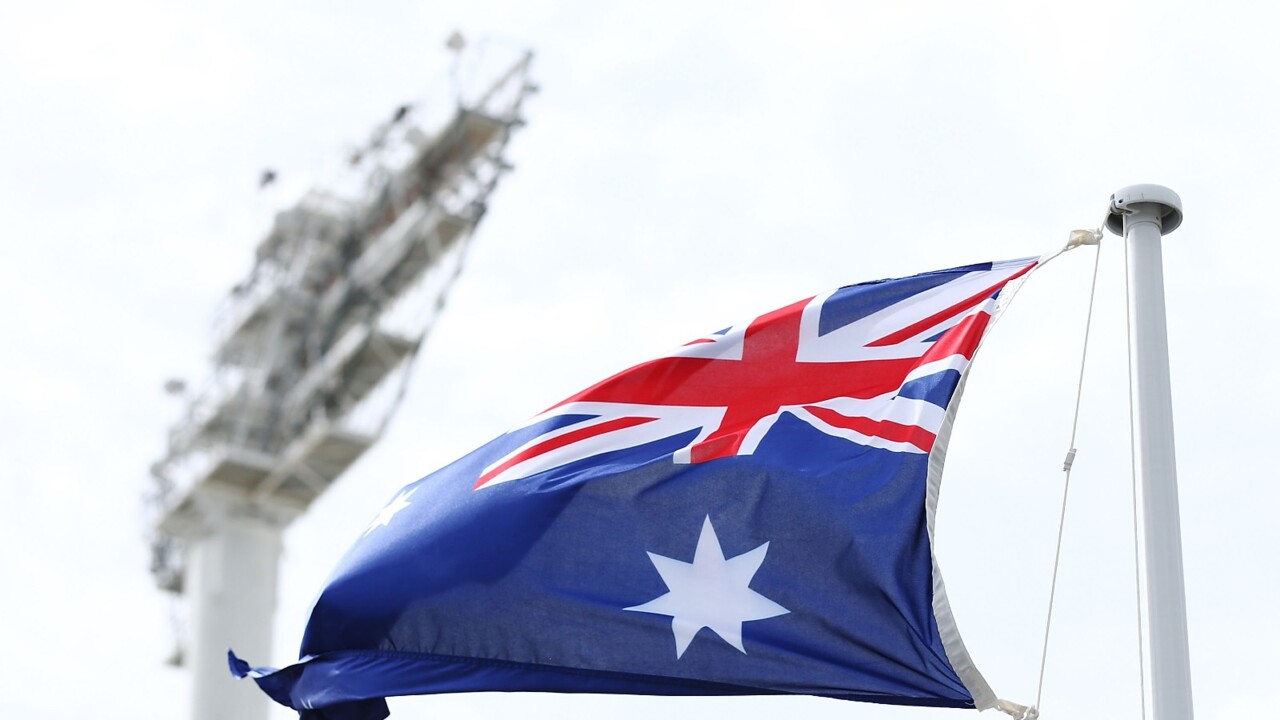
A long-term co-ordinator of the Respectful Relationships school program, she says the material in the book is “completely inappropriate” for minors and could lead to harm.
“If we expose our children and encourage children to be engaging in these explicitly adult sexual practices, then we open our children up to situations that are going to traumatise them,” Ms Donnelly warns.
“There’s a cartoon there where they actually talk about inserting objects up bottoms. For a practice like this to be promoted at teens is just completely developmentally inappropriate.”
She says books like 'Let’s Talk About It' and Yumi Stynes’ 'Welcome To Sex', which was removed from the shelves at retailer Big W this month after consumer outrage, appear to be part of a concerning “trend around [the] sexualisation of children and at a younger age, even primary age.”
Liberal Senator Alex Antic is calling for changes to publishing guidelines, which have not been updated since 2005.
"This work is being left to private citizens - concerned parents - and that doesn't seem right that the system be putting them to the time and expense of taking this up in this manner,” Mr Antic said.
"I don't think there would be too many people that are comfortable with this being available openly to minors.”
A spokeswoman for Minister Rowland said the Classification Board is “independent of government and the Minister cannot direct its decision-making processes” and any updates to publication guidelines would be considered as part of reforms to the classification scheme announced in March.
Publisher Penguin Random House did not respond to a request for comment.
